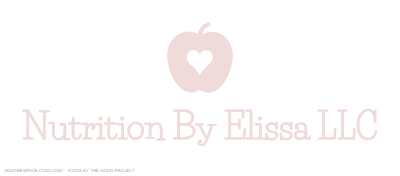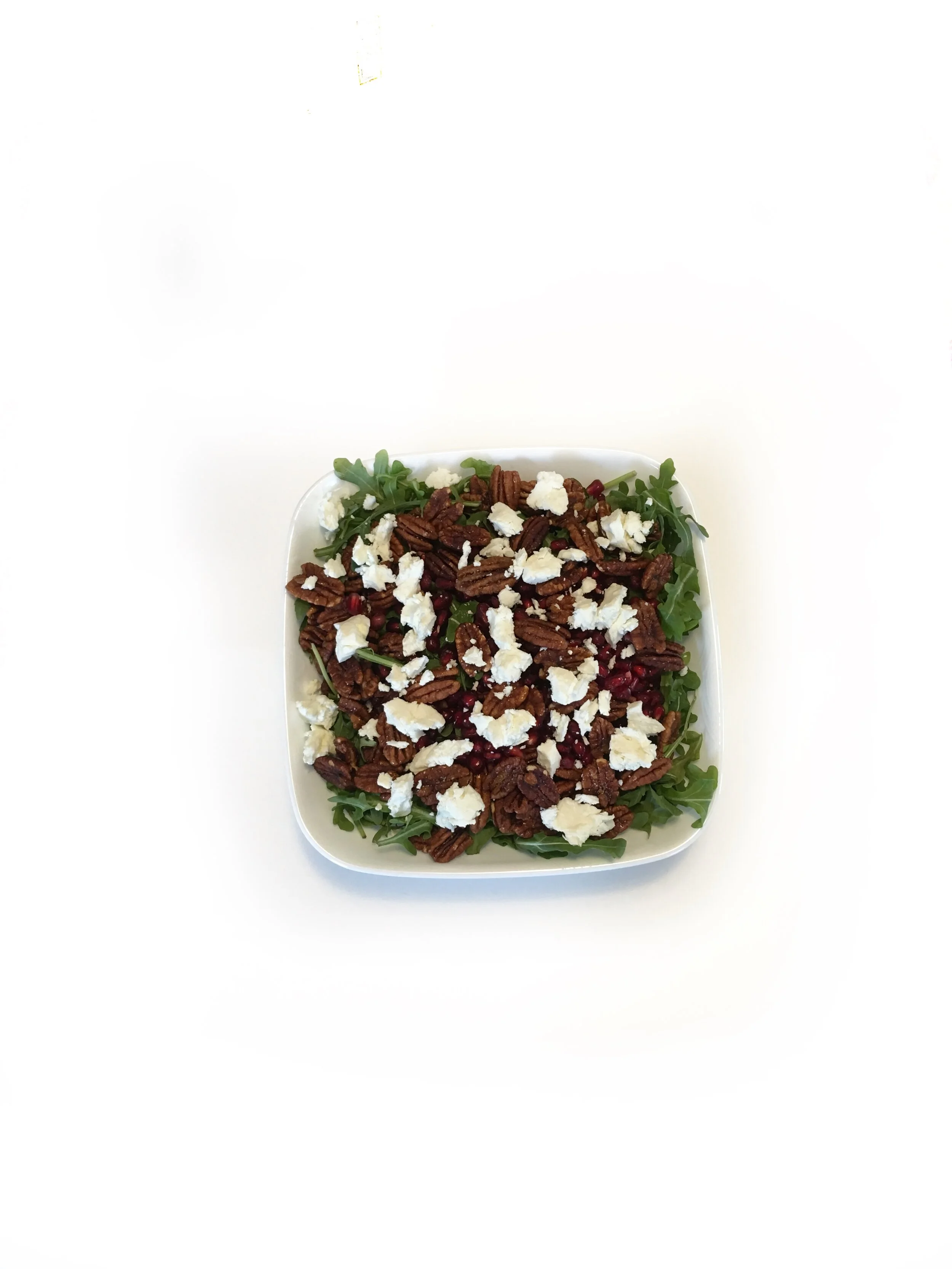Whether you are new to intuitive eating or have been an intuitive eater for many years, getting in touch with your body and your internal cues is perhaps the most beneficial thing you can do for both your physical and mental health. We all know how mentally and physically draining dieting can be. Meal planning exact portions, weighing food, and counting calories. Feeling like you can’t enjoy your favorite foods, or have fun in social settings because your diet is so limited. Dieting is a mental mind game that nobody enjoys playing. On top of that, dieting is also physically exhausting! Trying to live and thrive on a calorie deficit just leaves us feeling irritable, moody, and tired all the time. Intuitive eating introduces a whole new perspective on health and wellness that is energizing, refreshing, and sustainable long-term. Intuitive eating is one of the best things you can do for both your physical and mental health.
Dieting doesn't only drain your energy, it drains your wallet as well! Think about how much money you could end up spending on various diet plans and weight loss products. The health and fitness industry is currently valued at over 2.3 billion dollars. These companies prey on our insecurities in order to target us with overpriced, gimmicky weight loss products that aren’t sustainable and aren't focused on our health as a whole. When you embrace intuitive eating, you reject the mindset that you need to rely on some kind of rigid diet plan to achieve optimal health and reach your goals. Trust yourself, and your body, not the companies making false promises in order to sell their product.
Perhaps the biggest benefit of intuitive eating is that it is flexible, it works for you and your lifestyle. You don't need to worry about points or calories, counting grams of carbs or proteins, or buying special diet foods. When you learn to eat intuitively, you get to truly live your life to the absolute fullest; never feeling like you have to deprive yourself or miss out on social settings because you are limited from your diet. When you approach food from a dieting perspective, food becomes an enemy and every meal is a battle zone. Dieting sucks the enjoyment out of food and eating. But eating should not be so complicated and frustrating. When you approach food from an intuitive eating perspective, meals become an enjoyable way of honoring and taking care of yourself and your body. Instead of trying to force yourself to not desire certain foods, or trying to limit yourself to tiny portions, you get to truly enjoy the food and the atmosphere around you.
Have questions about becoming an Intuitive Eater? Book a free discovery call below.


